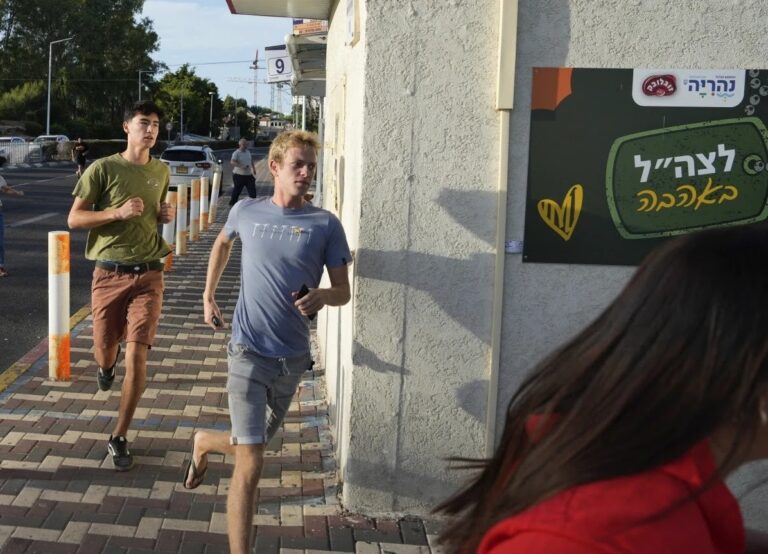 The U.S. Food and Drug Administration has announced that the controversial diabetes drug Avandia will no longer be sold at retail pharmacies beginning this November, due to the cardiovascular risks it poses to patients.
The U.S. Food and Drug Administration has announced that the controversial diabetes drug Avandia will no longer be sold at retail pharmacies beginning this November, due to the cardiovascular risks it poses to patients.
According to the new rules, which will go into effect on Nov. 18, the medication will only be available to patients who’ve been safely using the drug, those who have had no success in controlling their blood sugar with other diabetes medications or patients who have been informed of the risks and still choose to take Avandia (rosiglitazone).
These patients must be enrolled in a special program to qualify to receive the drug, according to the FDA.
“Under the Avandia-Rosiglitazone Medicines Access Program, rosiglitazone medicines will only be available to enrolled patients by mail order from certified pharmacies participating in the program,” the agency said in a statement released Wednesday. “The drug manufacturer, GlaxoSmithKline, will withdraw rosiglitazone medicines from the current supply chain and will provide pharmacies with instructions on returning the medicines.”
Rosiglitazone is also sold under the names Avandamet (where the drug is combined with metformin) and Avandaryl (rosiglitazone plus glimeperide). The new rules apply to those combination drugs as well.
According to Bloomberg News, GlaxoSmithKline said it plans to inform pharmacists and doctors about the new access program over the next two months, company spokeswoman Mary Anne Rhyne said. In the meantime, patients should discuss their options with their doctors before making any changes to their diabetes treatment.
The withdrawal of Avandia and related products from drugstore shelves comes eight months after the FDA severely restricted use of rosiglitazone to those patients with type 2 diabetes for whom other medications do not work.
“It’s like a decade-long nightmare coming to an end,” Dr. Steven Nissen, chief of cardiovascular medicine at the Cleveland Clinic, told USA Today. “Eleven years after this drug was introduced, it will be so restricted in access that virtually no one will be able to get it.”
Nissen has long urged the action taken by the FDA this week. He led a study, published in 2007, that found that people with type 2 diabetes who took the drug had a 40 percent increase in heart attack risk. That increase in risk was supported in subsequent trials.
More than 23 million Americans are thought to have type 2 diabetes and, according to the FDA, almost a half-million Americans filled a prescription for rosiglitazone in the first 10 months of 2010. That number has since been on the decline, however, the agency added.
As part of restrictions put in place by the FDA back in September, doctors have had to state and document a patient’s eligibility to use Avandia. They also have to tell patients about the cardiovascular safety risks associated with Avandia, and patients have to acknowledge that they understand those risks.
In Europe, the European Medicines Agency last year suspended marketing of the drug, forcing patients to find other medications to control their blood sugar levels.
Rosiglitazone belongs to a class of drugs known as thiazolidinediones. It is intended to be used along with diet and exercise to control blood sugar levels in patients with type 2 diabetes.
The latest FDA action does not affect the other major thiazolidinedione, Actos (pioglitazone), made by Takeda Pharmaceuticals. That drug has not shown the heart risks seen in the Avandia trials.
Speaking at the time of the FDA’s action back in September, Dr. Ronald Goldberg, a professor at the Diabetes Research Institute of the University of Miami Miller School of Medicine, saw little use for Avandia. Since a similar, safer alternative — Actos — exists, “you would think there would be very little place for Avandia,” he said at the time.
Goldberg also said he would no longer prescribe Avandia, except to patients who have been using it for many years.
(Source: HealthFinder)










